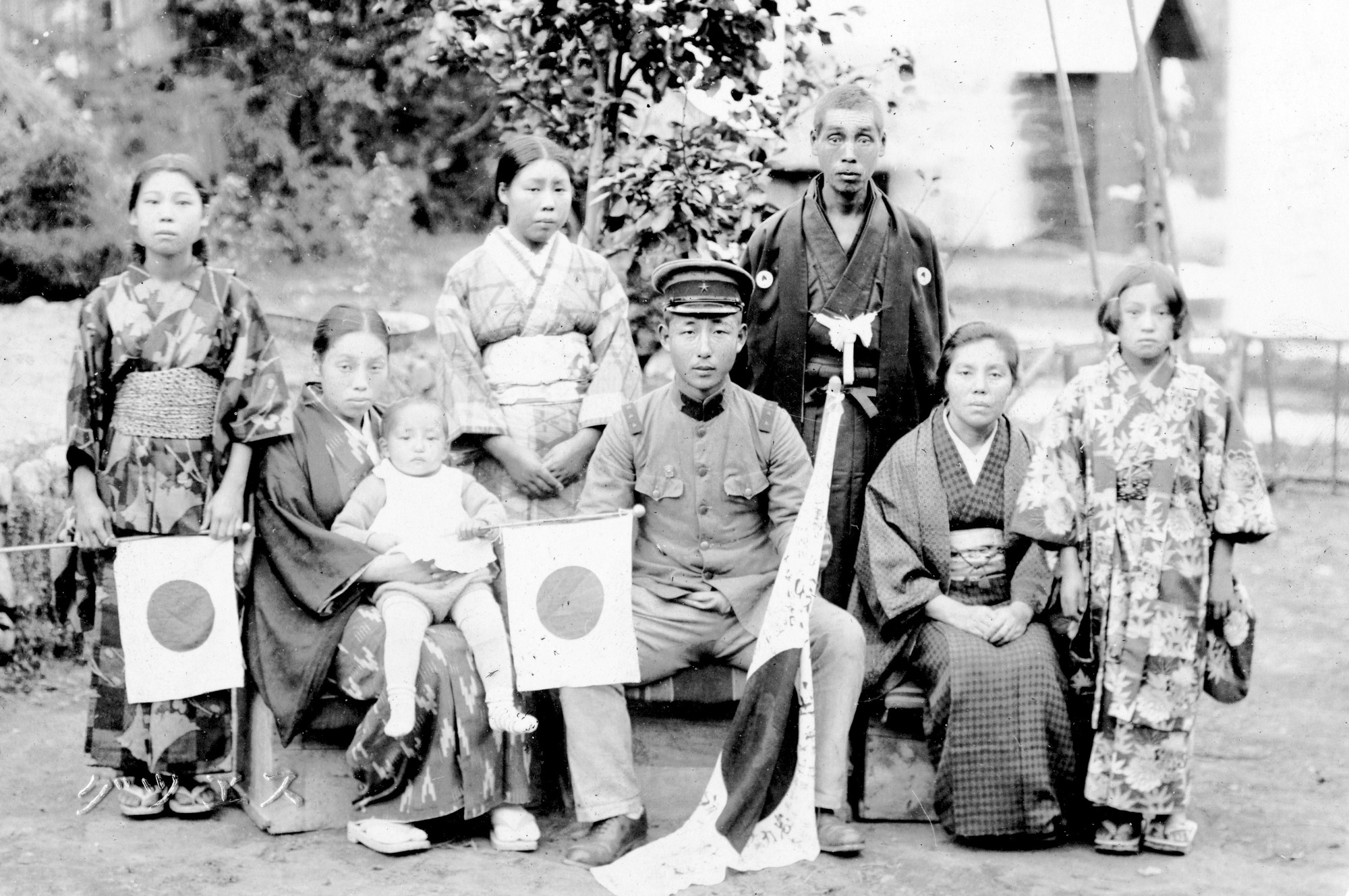History of the OBON SOCIETY
Sixty-two years after Keiko's grandfather had gone missing in the jungles of Burma, his spirit found its way back home in the form of a personal memento he carried into war. It was nothing short of a miracle.
Decades after his passing, this cherished memento, a small flag adorned with the names of family and friends, somehow ended up in the possession of a collector in Canada. The flag made its way to Tokyo and was left at the front desk of a hotel. For the better part of a year, the hotel staff tirelessly searched for the owner, eventually leading them to Keiko's family.
Upon receiving this Non-Biological Human Remains, Keiko's mother exclaimed, "Father has finally come home. His spirit was so strong that he would not rest until he returned to his family." His spirit resided within the Yosegaki Hinomaru flag, and he was determined to come back to his loved ones.
Keiko shared this miraculous story with her fiancé Rex, and in 2009, upon realizing that virtually every Japanese soldier carried these Yosegaki Hinomaru flags, they felt it was their duty to bring similar miracles to other grieving families in Japan. This was the spark of what would later become OBON SOCIETY.
Without a concrete plan, funding, or connections, they embarked on a journey to study war history and the stories behind the Yosegaki Hinomaru flags.
Their first flag came into their possession through a chance encounter with a veteran. Initially unsure of how to proceed, an unexpected meeting with a Buddhist Priest paved the way for them to trace the flag back to its family in northern Japan. This marked their inaugural successful flag return, which took approximately four years to accomplish.
Rex and Keiko established a website that caught the attention of people who also possessed Non-Biological Human Remains and connected with like-minded individuals. Their research team included several ingenious scholars who pioneered innovative methods to locate the families of missing Japanese soldiers. By 2014, the group had returned several dozen Yosegaki Hinomaru flags to their respective families in Japan.
As their reputation grew through newspaper stories and word of mouth, more and more items began to arrive, some from as far away as Australia, Sweden, Scotland, Canada, and Singapore.
As the successful returns increased, Rex and Keiko were advised to file for a 501(c)(3) non-profit so the organization could grow effectively.
After 15 years of pioneering research and building a network, OBON SOCIETY now possesses the most sophisticated and efficiant system for locating families. To date, OBON SOCIETY has successfully returned over 750 items to families in Japan, bringing a sense of closure and healing to countless individuals and communities.
